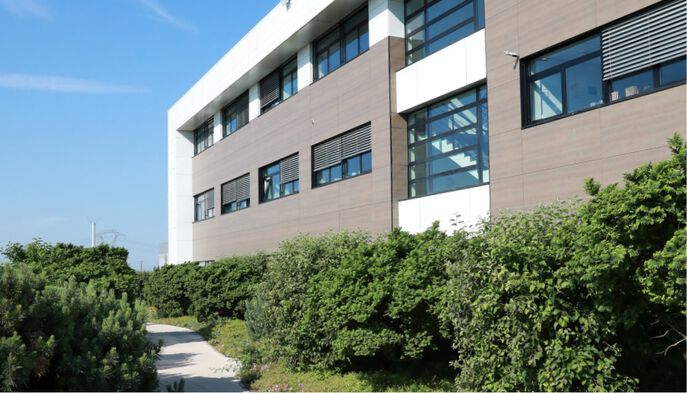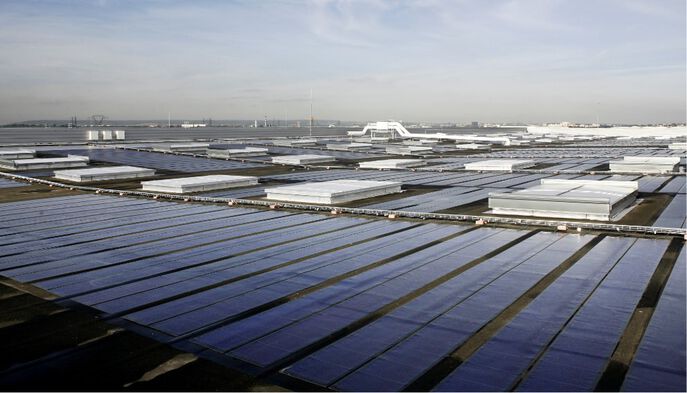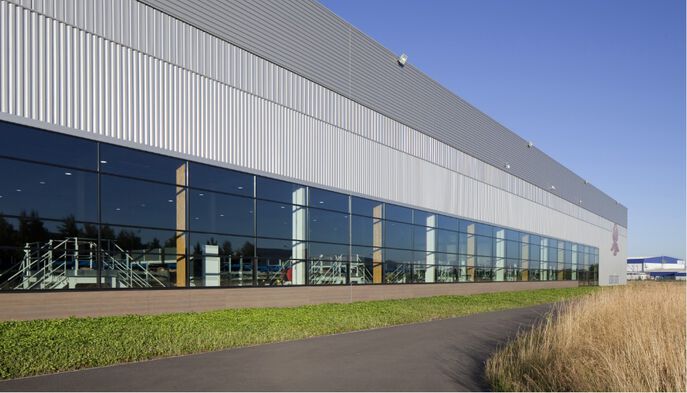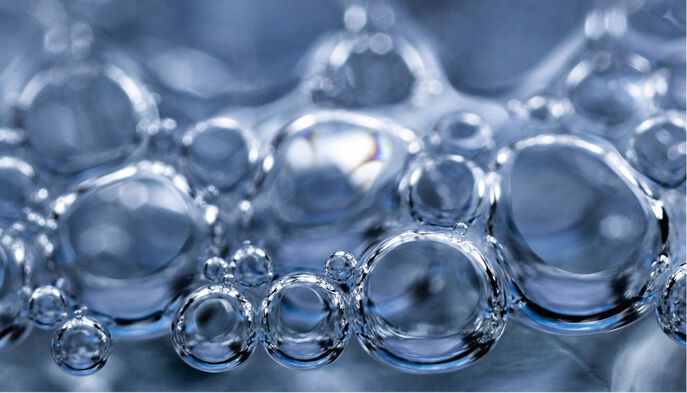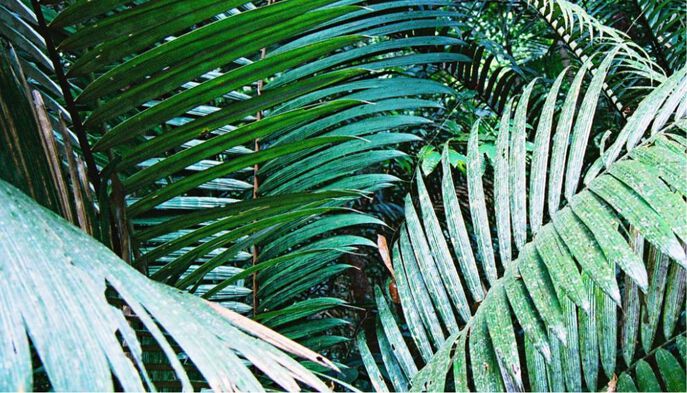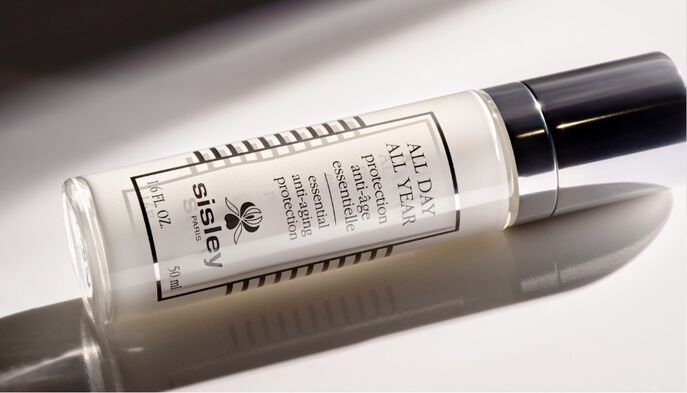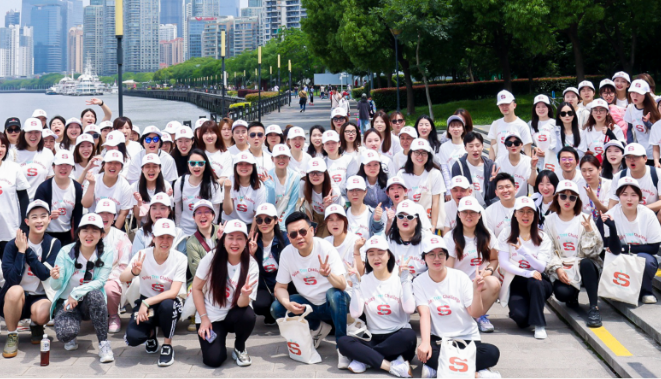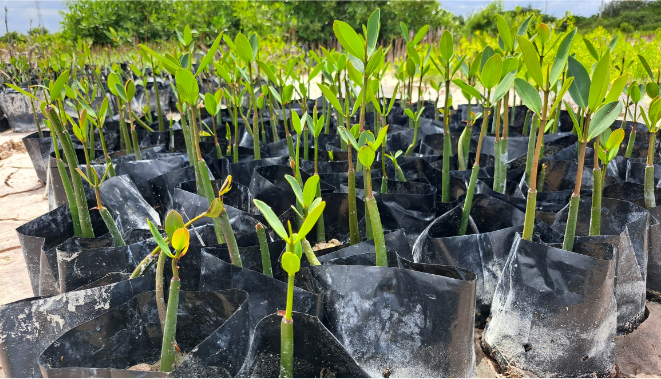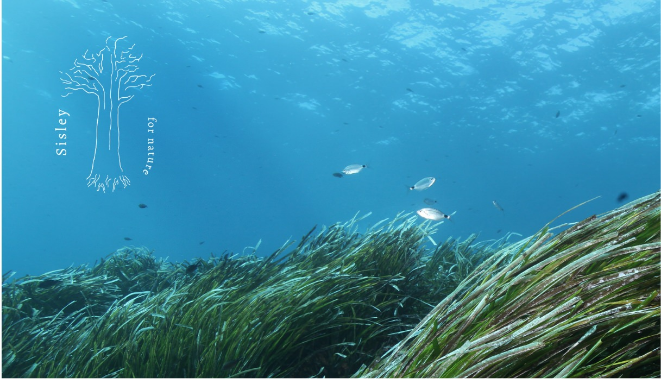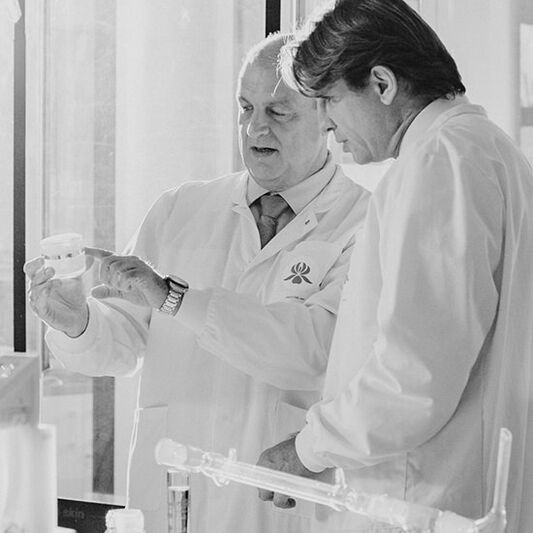
Sisley & the environment
For over twenty years Sisley has been striving to reduce our environmental impact, taking into consideration the whole production process, from product design to sourcing ingredients. A structured action plan with long and short term aims for 2025-2030 was established around three key priorities.
Sisley is a French family company that’s continually striving to improve with a structured approach to creating quality beauty products, while reducing our environmental footprint.

Our goal:
Combining the best of nature with cutting-edge science to create quality beauty products that are safe and effective, all while minimising our environmental footprint with exacting, innovative processes.

